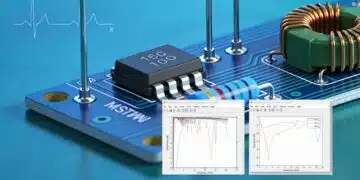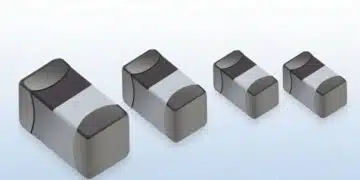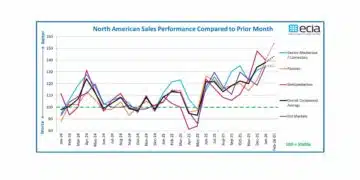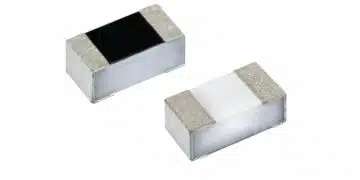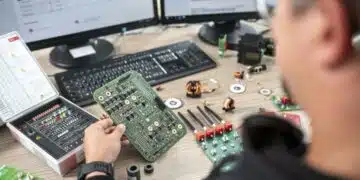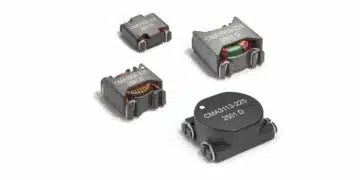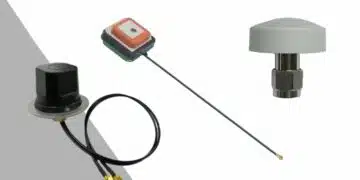Source: Medical Design and Sourcing news
by Mike Labbe, Valtronic. When developing electronic devices, design for manufacturing (DFM) often takes a back seat without regard for the long-term consequences. Even if the manufacturing cost is within the target, companies should consider and address the device’s manufacturability.
Products that are challenging to build typically result in longer lead times, lower margins, and possibly lower quality compared with products that are designed with manufacturing in mind. Common electronic design issues to consider include:
Over-tolerance/over-dimensioning
Tight component tolerances may be necessary, but the cost to make the product is directly correlated. If your design margin can tolerate 5% or 10% resistors, do not specify 1%. Similarly, mechanical tolerances should be only as tight as needed to ensure functionality. A contract manufacturer will build according to its customer’s requirements to meet the tolerances of the finished product. To reduce cost and avoid additional delays, only add tighter requirements as necessary.
Mixed technology
Different technologies on a printed circuit board assembly (PCBA), such as surface-mount technology (SMT) and through-hole components, can increase cost and manufacturing time. Minimizing mixed technologies and designing for as much automated assembly and SMT placement as possible reduces manufacturing complexity and cost, while improving quality. Always minimize hand component placement and other manual secondary operations.
Electrical testing
All devices should be electrically tested at the factory to ensure that only quality product ships and to provide near real-time feedback on performance or quality issues. This saves time and cost by allowing correction or rework of a failing product before shipping. Plan for functional testing at the factory as early as possible in the design cycle.
Electronic component placement
Most of a contract manufacturer’s automated equipment relies on conveyors and fixtures to transport products through the process. Components placed close to the edge of the board (unless critical to design parameters), at odd angles, or placed without regard for good practices for design layout and spacing may require additional paneling/tooling to facilitate fixturing and increase manufacturing cost.
Component sourcing
Many devices require tight control over approved component vendors or have only single sources. Components should be chosen with multiple alternatives and included in the approved bill of material. This can save cost by allowing for competitive sourcing and eliminate minimum-buy quantities. Allowing for substitution of available components without requiring significant additional testing or approvals can also dramatically improve lead times.
Component sensitivity
For many applications, moisture- and temperature-sensitive components cannot be avoided. When designing electronics and selecting components, consider factors that will affect manufacturing process flow such as components that cannot withstand SMT reflow profiles or be exposed to a water-wash process. These components require hand placement, resulting in significantly more labor and higher assembly cost than an identical functional part that can tolerate these environments. Some common examples include:
LEDs, switches and connectors, which have a variety of heat tolerances. When used on a Restriction of Hazardous Substances (RoHS) PCBA, ensure they are compatible with reflow temperatures for RoHS processes. Many variable resistors, capacitors, switches and connectors cannot be washed or conformal-coated. If you intend to use a water wash or flux, specify components that are compatible with the process.
For projects that require conformal coating, room-temperature vulcanization or underfill, work with your contract manufacturer during design to determine optimal processes and materials. Specifying a unique material or unconventional process will require additional development and may increase product cost significantly.
PC board design
Conduct a DFM review on the PCB design before transferring to production. This should include careful review and optimization of several factors, such as layer count, component density, panelization design, fiducial markers and required assembly tooling. The PCB is often most expensive and longest-lead component on a bill of materials, so clear communication with your board house or contract manufacturer during design and prototyping will prove invaluable to achieving the highest-quality and lowest-cost PCB design.
Mike Labbe is director of R&D for Valtronic and has more than 25 years of experience managing full life-cycle development and commercialization of complex medical devices and technologies.


